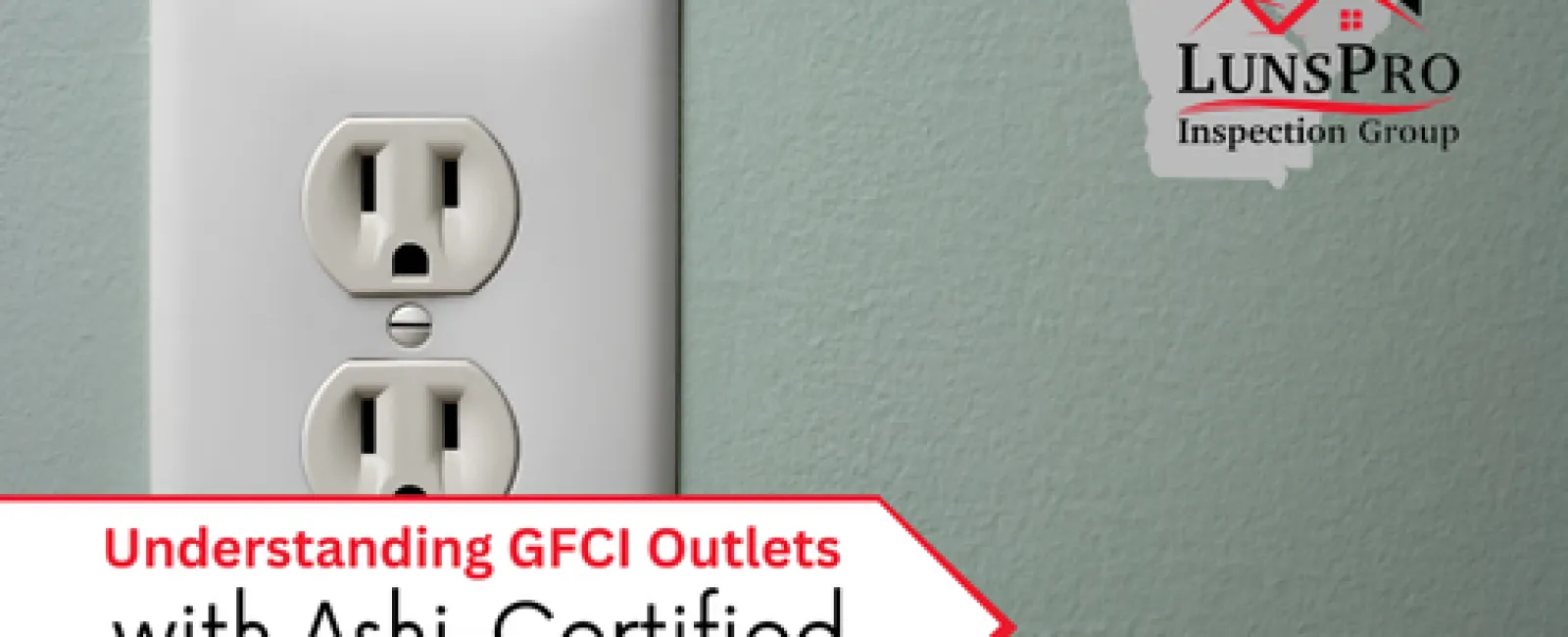In the realm of home safety, understanding the intricacies of electrical outlets, especially those near water sources like sinks, is paramount. Today, we turn to Ashi-Certified Inspector Scott T. from LunsPro Inspection Group for expert insights into Ground Fault Circuit Interrupter (GFCI) outlets and their crucial role in preventing electrical hazards.
Picture this scenario: you're in your kitchen or bathroom, and suddenly, an electrical outlet near the sink stops working. Before you panic or call an electrician, it's essential to know that you may be dealing with a GFCI outlet that has tripped—a safety feature designed to protect you and your home from electrical shocks.
Scott T. emphasizes the importance of recognizing GFCI outlets, especially in areas prone to water exposure. These outlets are equipped with sensors that detect ground faults or electrical leaks, triggering a 'pop' or trip to cut off power and prevent potential electrocution accidents.
However, what many homeowners may not realize is that the reset switch for a tripped GFCI outlet may not be located directly on the outlet itself. Scott shares a valuable tip: check nearby areas such as breaker panels, adjacent outlets, or even in the garage or utility room for the reset switch.
Here are the key steps to troubleshoot and reset a tripped GFCI outlet:
Identify the Affected Outlet: Determine which outlet(s) have lost power. Remember to check not just the outlet near the sink but also nearby outlets in the same circuit.
Locate the Reset Switch: Look for the reset switch, which may be on the outlet itself, a nearby outlet, or at the breaker panel. Press the reset button firmly to restore power to the outlet.
Test the Outlet: After resetting, use a test device (such as a lamp or plug tester) to verify that the outlet is functioning correctly.
By understanding how GFCI outlets work and where to find the reset switch, homeowners can troubleshoot minor electrical issues confidently and safely. However, for complex electrical problems or if you're unsure about handling electrical components, always consult a qualified electrician.
At LunsPro Inspection Group, our certified inspectors like Scott T. prioritize educating homeowners on essential home safety measures. Stay tuned for more expert tips and guidance as we continue to empower homeowners in maintaining safe and efficient homes.

